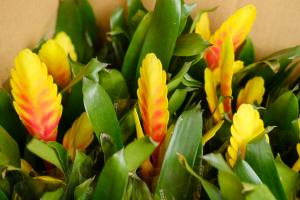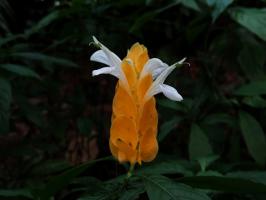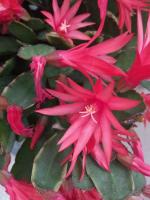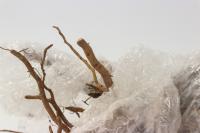1、 Curing method
1. Temperature: Jerusalem artichoke has low requirements and good adaptability. The most suitable for it is between 18 and 22 degrees, but a little higher or lower will not affect its growth. In winter, its tubers can withstand a low temperature of minus 30 degrees. However, if it is above the ground, it cannot be lower than minus five degrees
2. Light: Jerusalem artichoke is a sunshine loving plant. Generally speaking, its tubers can be better formed and grown by maintaining light for about 12 hours a day. However, try to avoid too strong sunshine
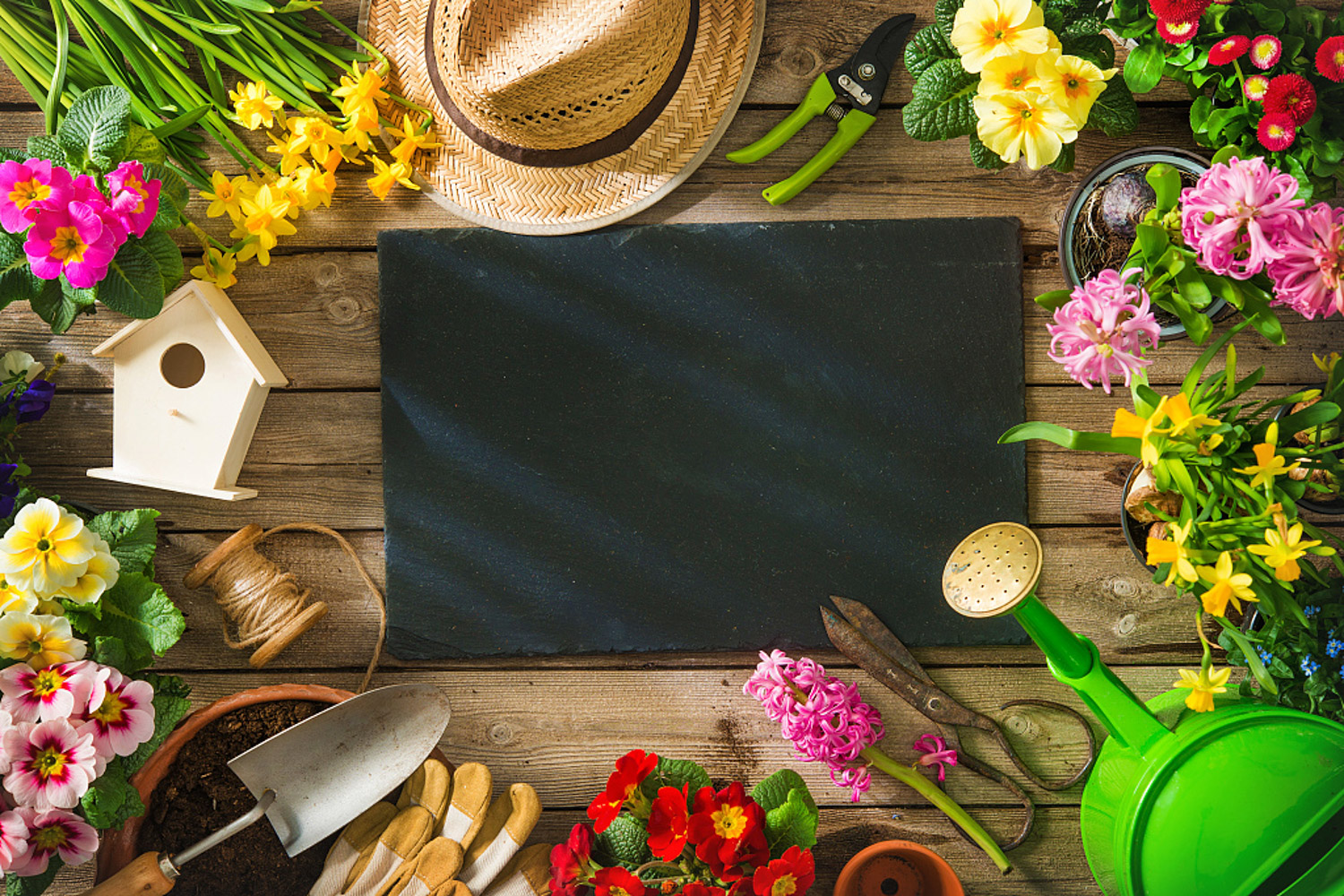
3. Watering: Jerusalem artichoke has strong drought resistance and does not need much water. Moreover, its waterlogging resistance is not very good. Therefore, when replenishing water, it can be replenished after the matrix is dry, and there can be no ponding. For large-scale planting, waterlogging prevention and drainage shall be carried out in rainy season
4. Fertilization: Jerusalem artichoke has low requirements for nutrition in soil. Select the soil with appropriate nutrients, which requires little fertilizer at ordinary times. Generally speaking, fertilization is only required twice in the growth period. Once around May, use urea. Once in the budding period, potassium sulfate was used
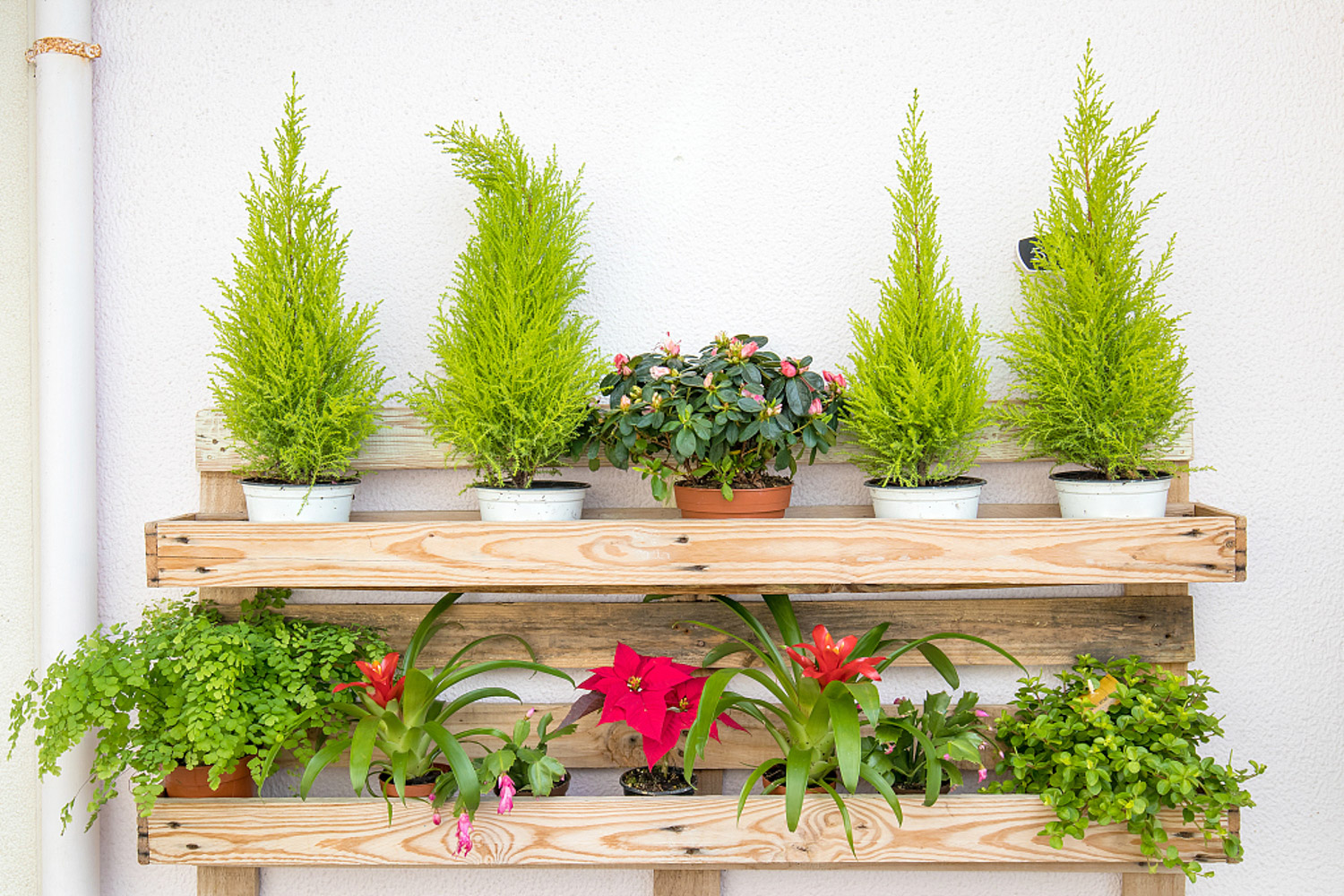
2、 Breeding skills
1. Reproduction: seed reproduction can be used. It is best to sow in spring, that is, after thawing. Select appropriate tuber seeds. When sowing, the depth shall be controlled at 10-20 cm, the row spacing shall be 0.5 m, and the plant spacing shall also be 0.5 m
2. Pruning: usually it is mainly to properly repair its branches and leaves. Because of its high requirements for sunshine, if it is too dense and messy, it will seriously affect the light transmission. In addition, after the flowering period, the remaining flowers and branches also need to be repaired
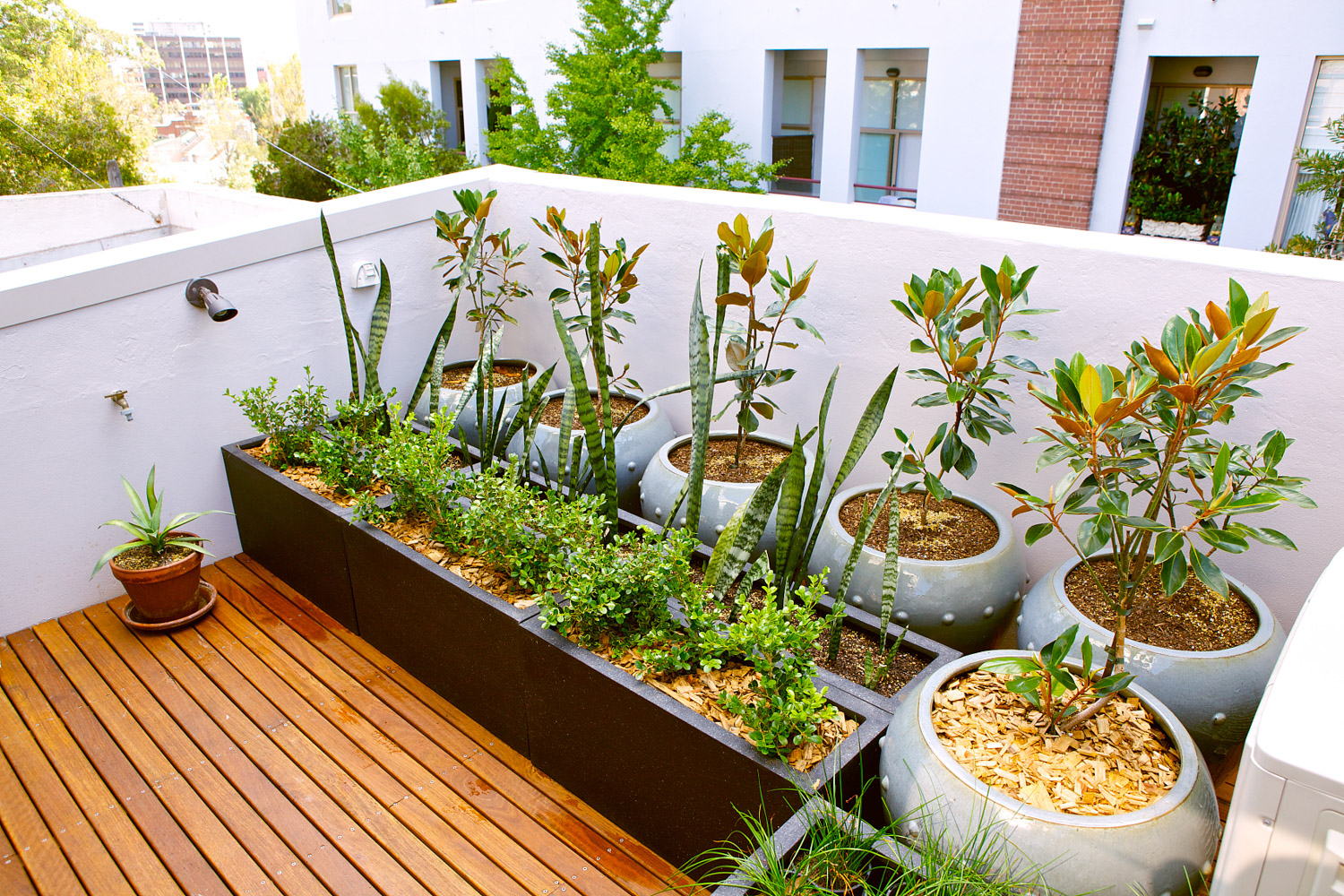
3、 Diagnosis and treatment problems
1. Disease: the main one is rust. Pathogenic spores will winter on the plant and cause disease when the temperature rises the next year. It can be treated with Triadimefon. In addition, it is also necessary to deal with diseased plants in time, and then pay attention to drainage, density control, etc
2. Insect pests: Jerusalem artichoke is not much affected by pests. If there are signs of pests, deal with them in time
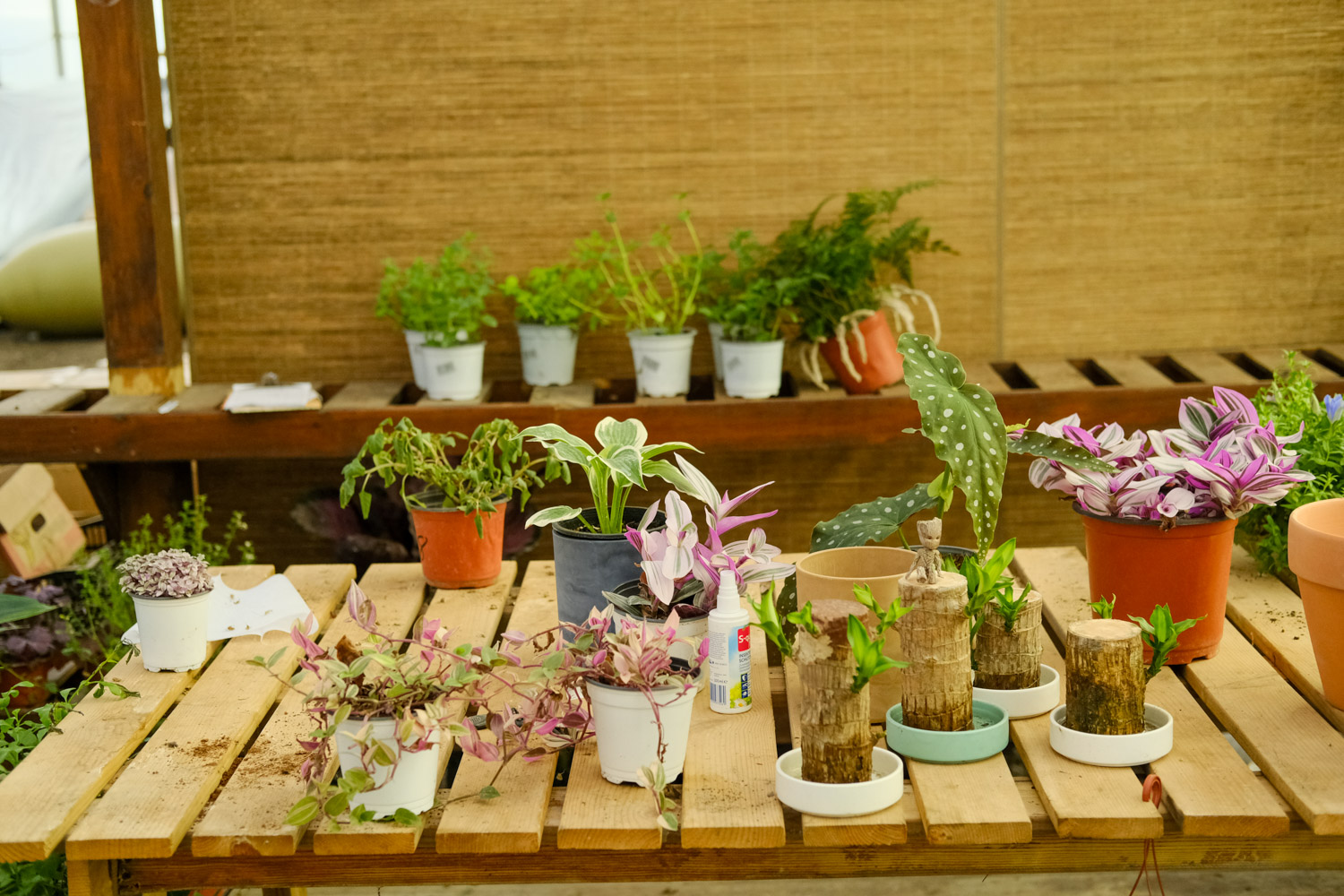
4、 Other issues
1. Toxicity: Jerusalem artichoke itself is non-toxic and harmless. However, after mildew, it will contain toxic substances
2. Whether it can be raised at home: Yes, but generally people will not raise it at home as a potted plant, because it is not used for viewing

 jackfruit
jackfruit snake plant
snake plant hibiscus
hibiscus hydrangea
hydrangea lavender
lavender Green roses climb al...
Green roses climb al... If you don't pay att...
If you don't pay att... Management of four g...
Management of four g...



